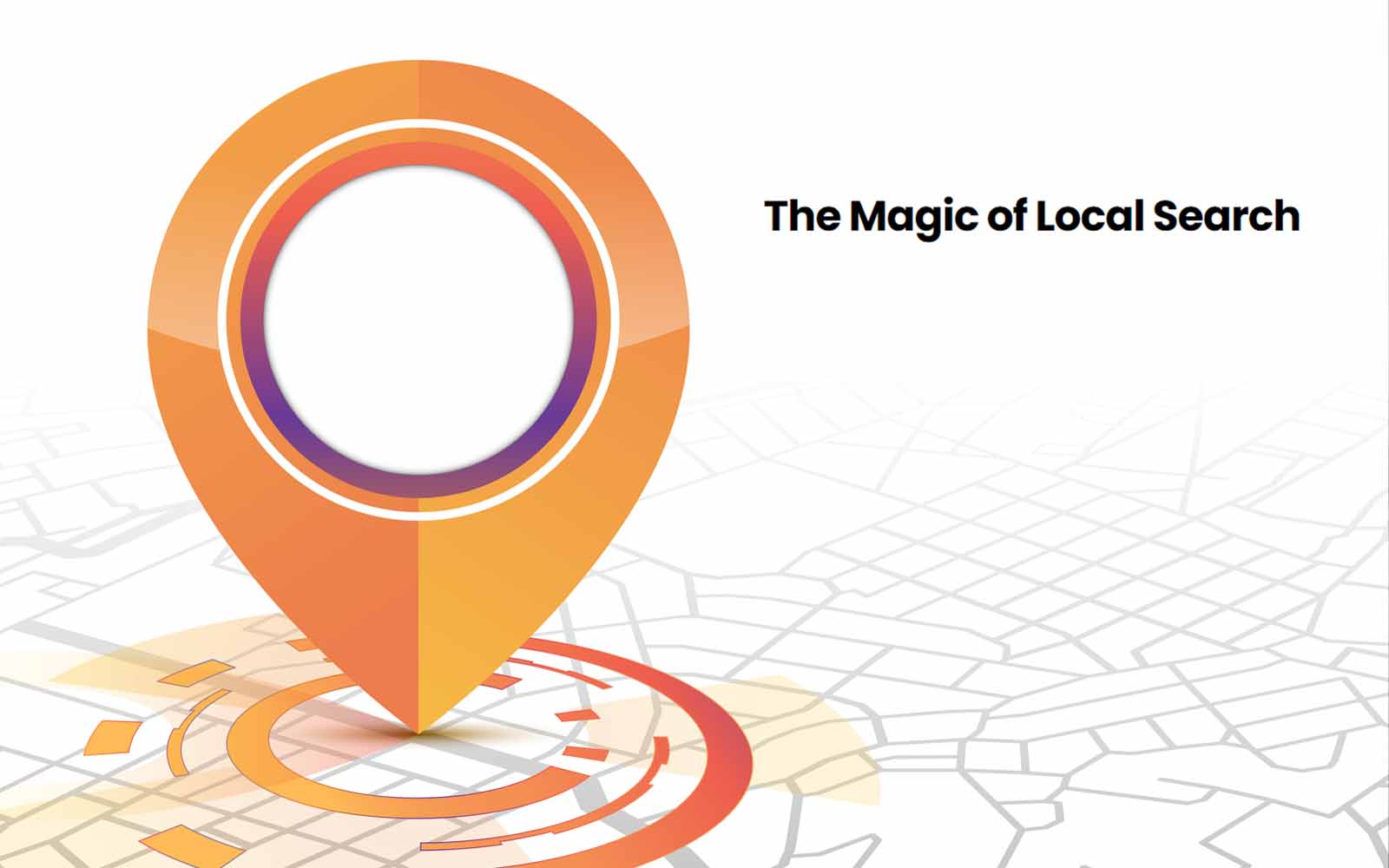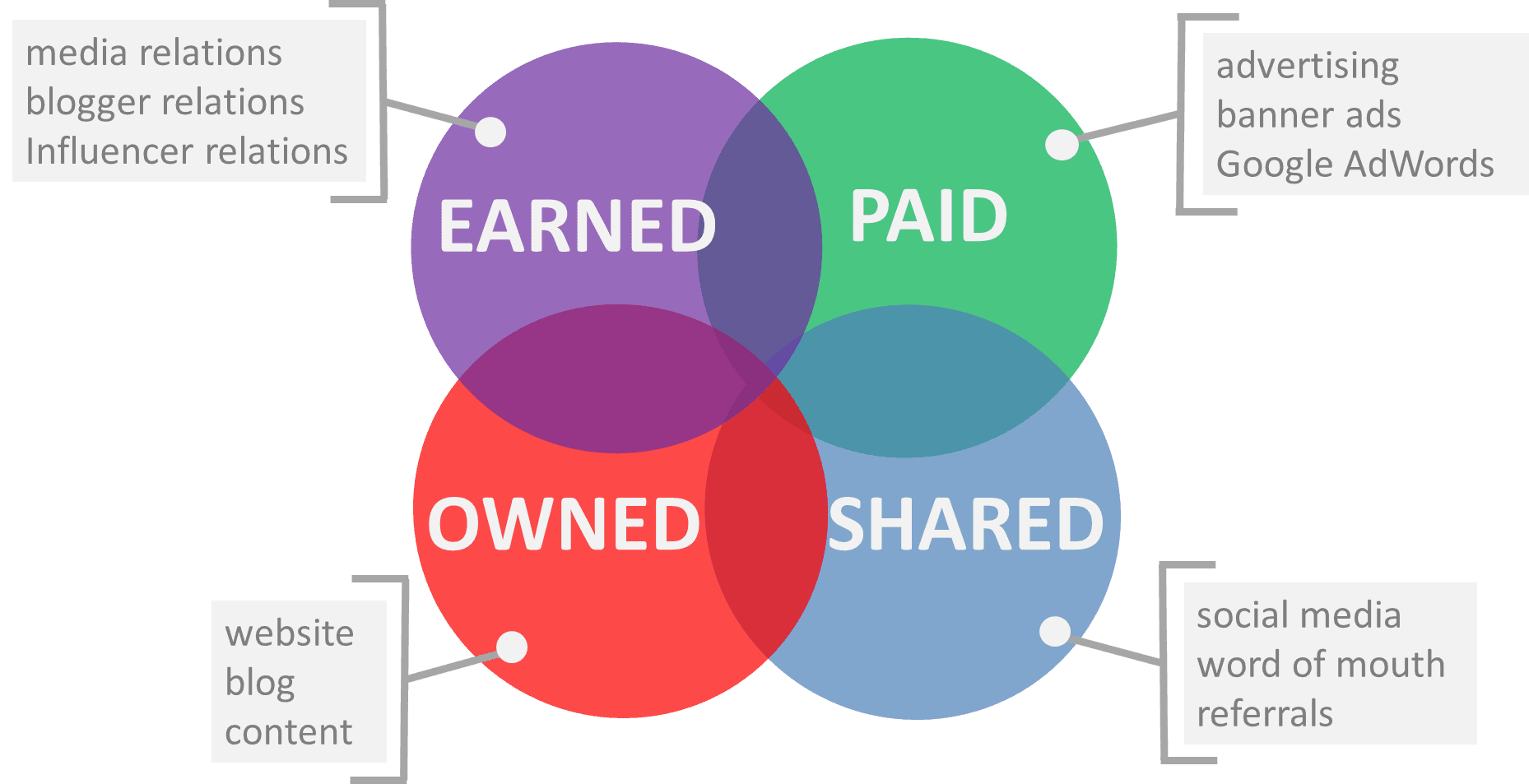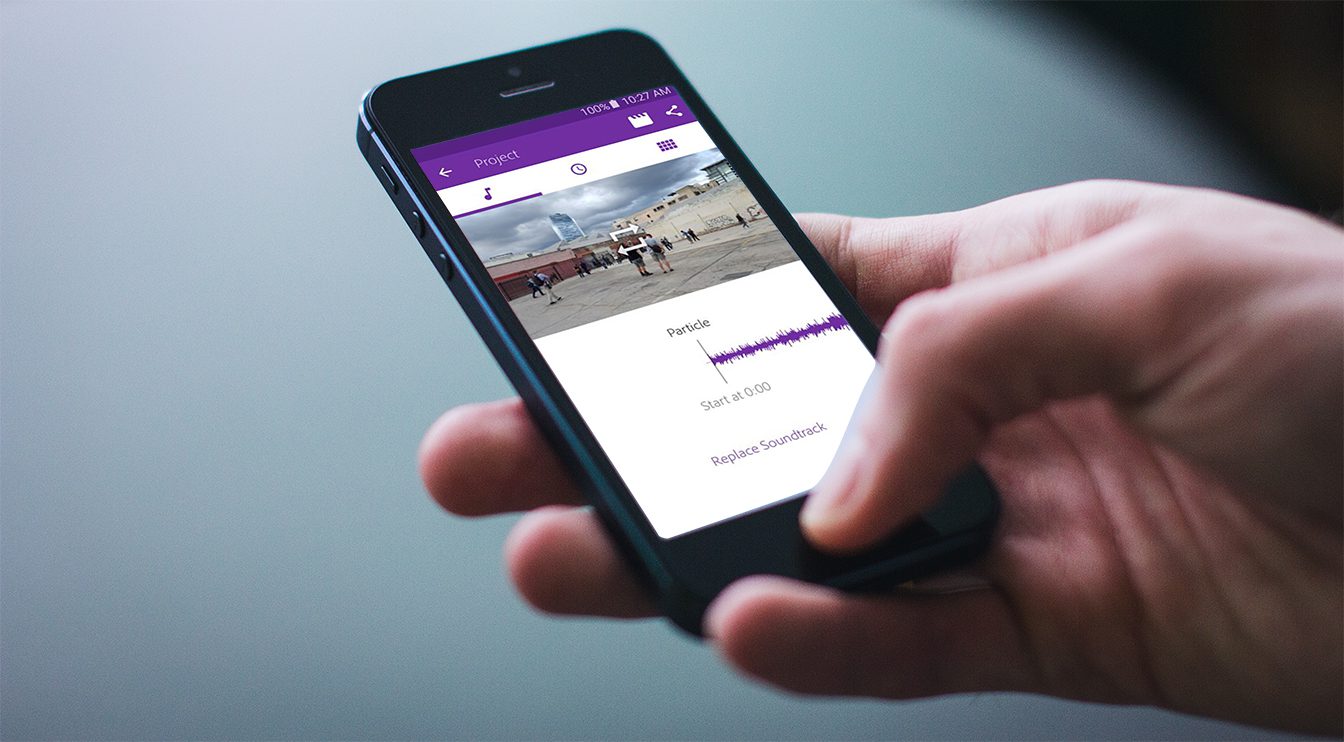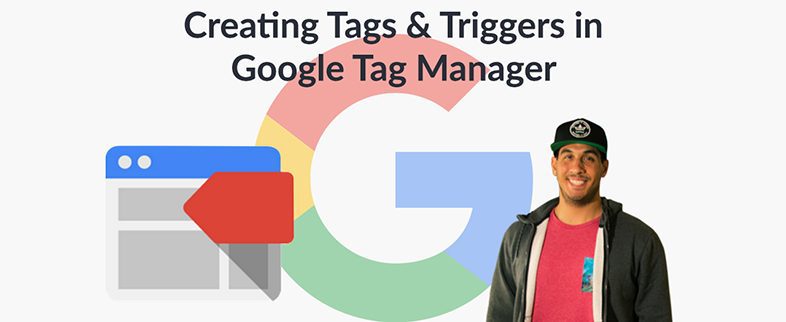This is our fifth post in the ‘Small Business Series’ which features where we feature industry leaders on how small businesses can better leverage their strengths. This week we are talking to Matt McGee, a contributor for Search Engine Land, specializing in local search. Search Engine Land is one of my favorite SEO websites, which I read to keep myself up to date with SEO news.. Matt’s interest in local was fueled just by the fact that all of his early clients were small, local businesses that wanted to connect with people in his hometown. In the following interview I have focused on businesses who have a local clientele and how they can maximize the value of local search.
Romy Misra (Pear Analytics): First Matt, thanks so much for taking out the time to do this.Let’s start with the most important question for anyone with a small business. Why is it important for small businesses to focus on local search?
Matt McGee: It’s not important for ALL small businesses — but it’s a must for those who offer products or services to local customers. The answer to ‘why’ is that search engines are becoming the default way consumers find local information. Stats show that yellow page usage is on the decline and search engines are on the rise for finding local information. This is particularly true for a site like Google Maps, which has grown to surpass Mapquest as the number one site in the Travel/Maps category that Hitwise tracks.
That said, there are plenty of small businesses that offer products or services nationally, or even globally — if they’re not interested in finding local customers, they don’t really need to focus much on local search.
Romy Misra (Pear Analytics): How creative can one be in the local search space?
Matt McGee: Local search optimization doesn’t need to be innovative, and it’s actually more about taking care of the basics than being creative. What would count as “innovative” in a lot of markets and industries would just be for a small business to
* go out and claim its local business listings
* make sure those listings have accurate and consistent information
* make sure the listings are in the right categories
* add extra content, like photos and videos, wherever their listings allow it
That’s pretty basic stuff where local search optimization is concerned, but it’s actually somewhat innovative because a lot of small businesses haven’t done it yet.
Romy Misra (Pear Analytics):For the small businesses out there who have a national/international target market, it can be overwhelming in the beginning to start out. In such a scenario what can they do to compete with a larger business out there?
Matt McGee: Differentiate! Embrace your “smallness” and use it to your advantage. Do things that larger companies often struggle with — amazing customer service, personal communication with customers and prospects via social media, create and promote great content, and so forth. I’m working with a small business in the skin care industry, which is super competitive and has both national and smaller businesses as competition. We first took care of the main web site — made sure it was highly optimized for appropriate terms and had great content and usability for users. We started blogging to create even more great content, full of helpful ideas and advice related to skin care. And we’re using social media — Twitter and Facebook primarily right now — to spread the client’s name and business further.
It’s not easy, but we’re seeing rewards already in the first year since the client’s new site launched. And you’re right that it can be overwhelming — so I always suggest baby steps. Put together a plan and check each thing off as you go. We didn’t bother with blogging until the main site was relaunched. We didn’t get active on social networks until there was a month or two of good blog content. One step at a time — like going up a ladder.
Romy Misra (Pear Analytics): What are 3 simple SEO tactics a small business owner can do themselves to improve their ability to be found in local search?
Matt McGee: First, claim your local business listings on sites like Google Maps, Yahoo Local, Bing Maps, etc. Most local search still happens at the big search engines, so those have to be priority one. Make sure those listings are all accurate and consistent — same business name, address, and phone number everywhere. Any confusion between business listings can really hurt your local search visibility.
Second, do the same onthe secondary sites like Yelp, Insider Pages, and industry-specific sites like TripAdvisor (if you’re in the travel industry), Urbanspoon (if you’re a restaurant), etc.
Third, fix up your main web site. Make sure it’s a great experience for visitors. Make sure you’ve taken care of the SEO basics — correct keyword usage in the title tags, good local content across the site, an excellent and detailed maps/location page to help people find you, and so forth.
Romy Misra (Pear Analytics): What are some common mistakes you see small businesses making with relation to local search?
Matt McGee: The most common mistake is just not doing anything, assuming they don’t have time for it or that it’s too complicated. It’s really not.
Beyond that, I see a lot of mistakes with how local listings are built out — using generic stock photos, choosing the wrong categories for their listing, or even going overboard by putting spammy keywords in their business name and other parts of the listing.
Romy Misra (Pear Analytics): There is a common myth among small businesses that SEO is very expensive and they will allocate resources for it later, when they reach a certain amount of sales and have money for it. What would you say to that?
Matt McGee: The cost of SEO depends on a lot of factors: where you’re located, what industry you’re in, how competitive the landscape is, what your overall needs are, and things like that. A real estate agent in Los Angeles will probably spend a lot more on SEO for all of those reasons than a landscaping company in Boise. It can be very expensive, there’s no doubt about that. But when it’s done right, the ROI is almost always enormously positive.
I always tell people this: If you have more money than time, hire a consultant. If you have more time than money, learn the basics yourself. There’s a ton of great and correct SEO information online for free (via blogs, articles, etc.), not to mention plenty of good books and e-books written by smart people. There are small SEO workshops and conferences that don’t cost a ton of money. There are so many opportunities out there that there’s no excuse for not doing something, whether you hire a consultant or do it yourself.
















